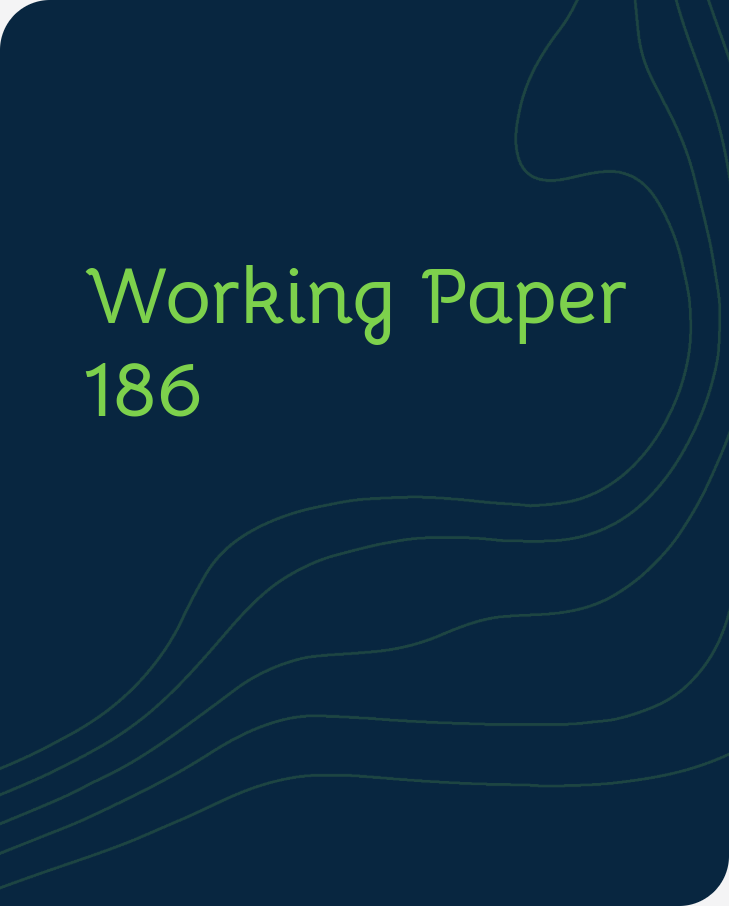Publication
Transition Report
Reform progress and transition indicators
Who we are
Overview: about the EBRDWho we are
Overview: about the EBRD
Learn about the EBRD's journey to investing more than €210 billion in over 7,500 projects.
What we do
Overview: how the EBRD operatesWhat we do
Overview: how the EBRD operates
Through projects, business services and involvement in high-level policy reform, we're doing more than ever before.
Work with us
Overview: how you can work with the EBRDWork with us
Overview: how you can work with the EBRD
We draw on three decades of regional knowledge and financial expertise to tailor our products and approaches to each client's needs.
March, 2016

By Larissa Schäfer
A new EBRD Working Paper studies whether relationship banks help firms in financial distress. Combining a new and direct measure of relationship lending with unique credit registry data, I examine the effect of relationship lending on ex-post loan performance. My findings demonstrate that the same firm is more likely to become temporary delinquent on a relationship-based loan relative to a transaction-based loan. Consistent with theory, relationship banks tolerate temporary bad results, yet extract rents in the long run, that is, they forgive but do not forget.
When firms are in distress, relationship banks adjust contract terms and allow drawdowns on credit lines and overdrafts but do not inefficiently roll over loans. Moreover, relationship banks are more likely to continue to lend to firms after past non-performance. Overall, the paper uncovers a new channel of how relationship lending serves as a liquidity insurance for firms in distress.
For media enquiries related to this working paper, please contact Ksenia Yakustidi, Media Adviser at the EBRD’s Office of the Chief Economist
YakustiK@ebrd.com
All Working Papers
The Working Paper series seeks to stimulate debate on transition in the EBRD regions.
